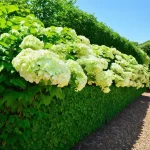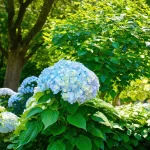Rose tone for hydrangeas is a specialized fertilizer that provides essential nutrients, ensuring that these beautiful flowering plants flourish in your garden. For hydrangeas to thrive, they require the right balance of nitrogen, phosphorus, and potassium—elements that can be effectively delivered through rose tone fertilizers, specifically formulated for flowering shrubs.
Hydrangeas are beloved for their large, stunning blooms that can brighten any outdoor space. However, achieving those spectacular colors and fullness requires careful attention to soil nutrition and overall plant health. Here, we’ll delve into the complexities of using rose tone for hydrangeas and offer a comprehensive guide on maximizing their growth potential.
Why Choose Rose Tone Fertilizer for Hydrangeas?
Nutritional Benefits
Rose tone fertilizers, such as Espoma Rose Tone, are formulated to meet the specific nutrient needs of flowering plants, including hydrangeas. These fertilizers contain a blend of natural and organic ingredients, enriched with humates and beneficial microbes that enhance soil health. Here are some of the key nutritional components:
| Nutrient | Role in Plant Health |
|---|---|
| Nitrogen (N) | Promotes lush, green foliage |
| Phosphorus (P) | Encourages strong root development and flowering |
| Potassium (K) | Enhances overall plant health and disease resistance |
Using a product like rose tone ensures your hydrangeas receive balanced nutrition, which is vital for their growth cycle.
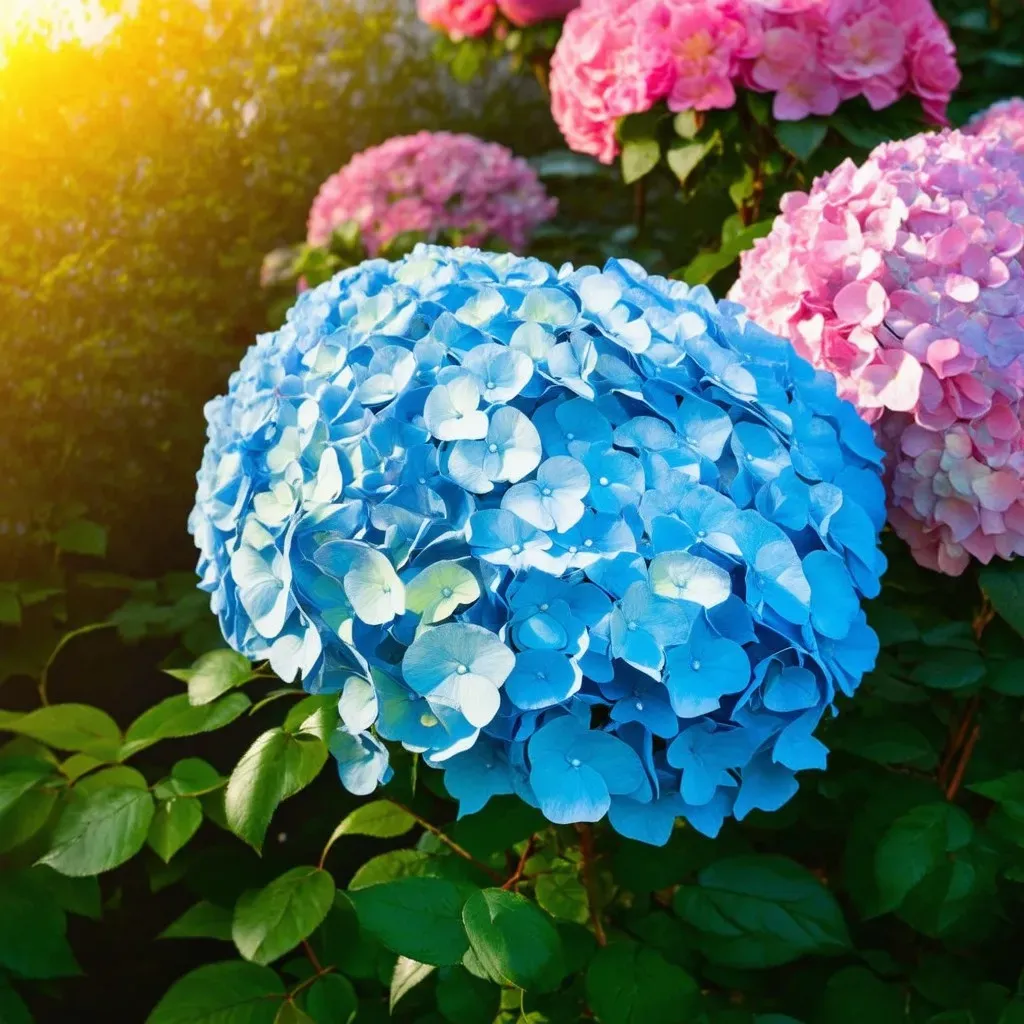
Ideal for Hydrangeas
Hydrangeas are unique in their adaptability to soil pH, which affects their bloom color and overall health. A rose tone fertilizer helps maintain the right nutrient balance, promoting prolific flowering. According to various gardening sources, incorporating this fertilizer can lead to remarkable results:
- Increased Flower Production: The specific nutrient formulation supports robust blooming.
- Enhanced Color: Balanced fertilization can influence the vibrancy of flower colors based on soil acidity.
- Soil Health Improvement: The organic matter within rose tone contributes to healthier soil ecosystems.
How to Use Rose Tone for Hydrangeas
Application Timing
The timing of your fertilizer application is crucial. For optimal results, consider the following schedule:
- Early Spring: Fertilize as new growth appears. This is when hydrangeas need the most nutrients.
- Mid-Summer: A second application can help replenish nutrients as flower production peaks.
- Fall: Avoid fertilizing in late fall, as this may encourage growth that can be damaged by the cold.
Application Method
To maximize the effectiveness of rose tone fertilizer, follow these steps:
- Measure the Area: Determine how much fertilizer is needed based on the size of your hydrangea plants.
- Even Distribution: Spread the fertilizer evenly around the base of the plant, avoiding direct contact with the stems.
- Water Thoroughly: After application, water the area well to help dissolve the granules and facilitate nutrient absorption.
| Application Step | Description |
|---|---|
| Measure | Calculate the required amount for your hydrangeas |
| Spread | Distribute evenly around the base |
| Water | Ensure the fertilizer is activated with adequate moisture |
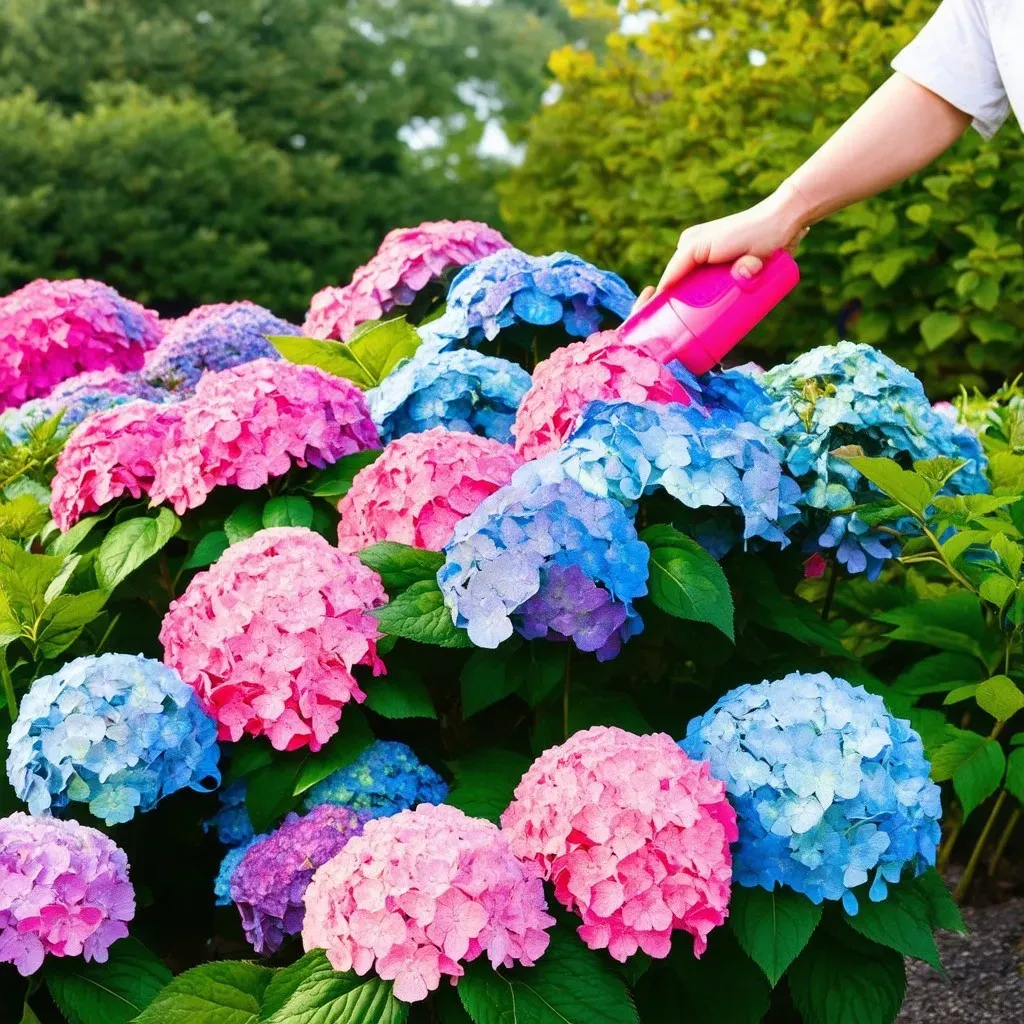
Troubleshooting Common Issues
Using rose tone effectively can prevent many common Hydrangea Problems. Here are some issues to watch for, along with solutions:
| Problem | Possible Cause | Solution |
|---|---|---|
| Slow Growth | Nutrient deficiency | Reassess fertilizer application |
| Small or Faded Blooms | Lack of phosphorus | Use a balanced fertilizer |
| Stringy or Sparse Foliage | Insufficient nitrogen | Increase nitrogen inputs |
By addressing these concerns with rose tone, gardeners can help ensure their hydrangeas remain healthy and vibrant.
FAQ about Rose Tone and Hydrangeas
Q: Can I use rose tone for Other flowering plants?
A: Yes, rose tone is suitable for various flowering shrubs that share similar nutrient needs.
Q: How often should I apply rose tone fertilizer?
A: Ideally, apply during the early spring and mid-summer. Always avoid fertilizing in the fall.
Q: What if my hydrangeas still aren’t blooming well?
A: Check your soil pH, watering routine, and sunlight exposure, as these factors also significantly affect bloom production.
Q: Is rose tone safe for the environment?
A: Most rose tone fertilizers are organic and made with natural ingredients, making them safe for the environment when used as directed.
Q: Where can I buy rose tone fertilizers?
A: You can find rose tone fertilizers at local garden centers or online retailers like Espoma.
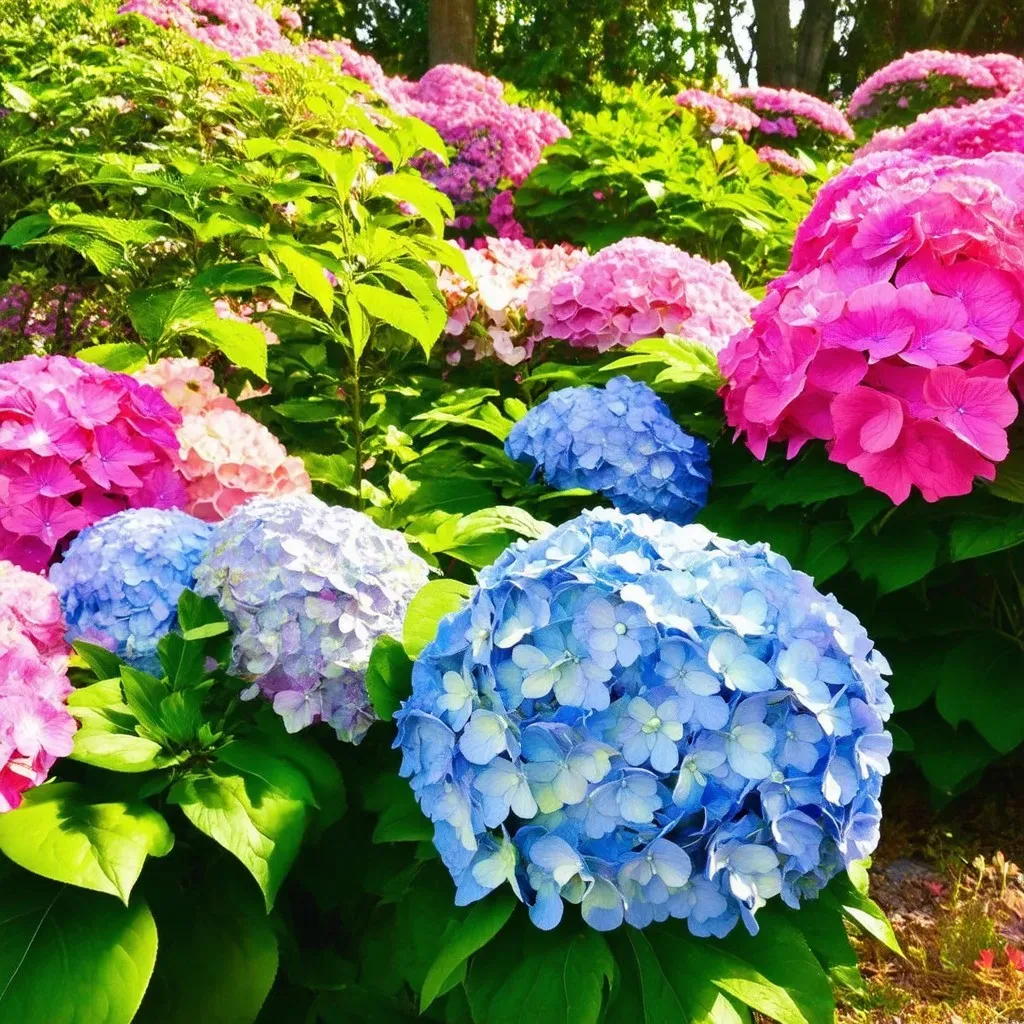
Conclusion
With the right approach to fertilization, especially through rose tone for hydrangeas, achieving a lush and colorful garden is well within reach. Careful application and understanding of hydrangeas’ needs will unlock their fullest potential, ensuring beautiful blooms season after season.
By prioritizing soil health and providing specific nutrients, you can nurture your hydrangeas to produce stunning blooms that enhance the beauty of your garden. Remember to stay attuned to the plants’ needs, and happy gardening!

